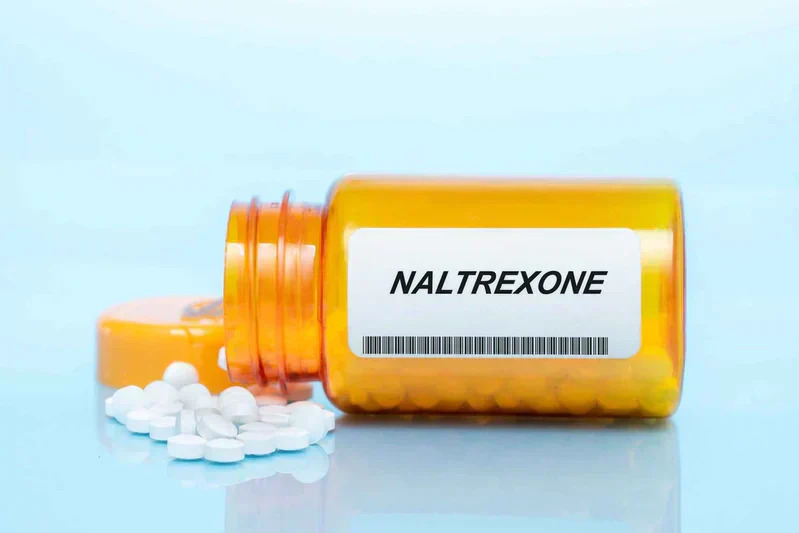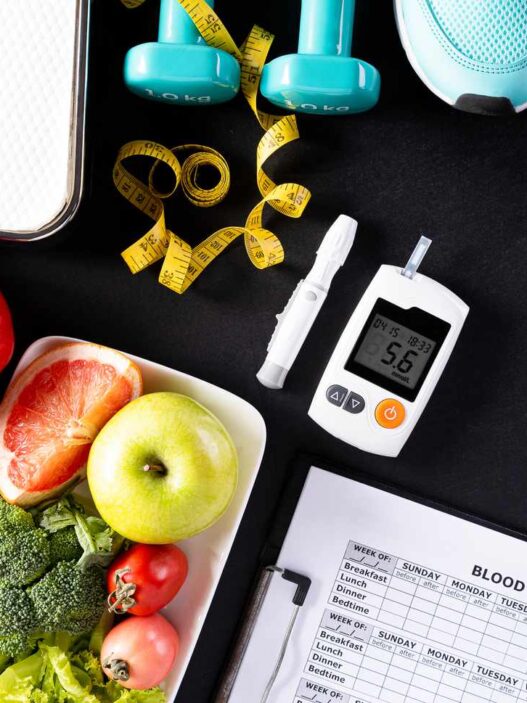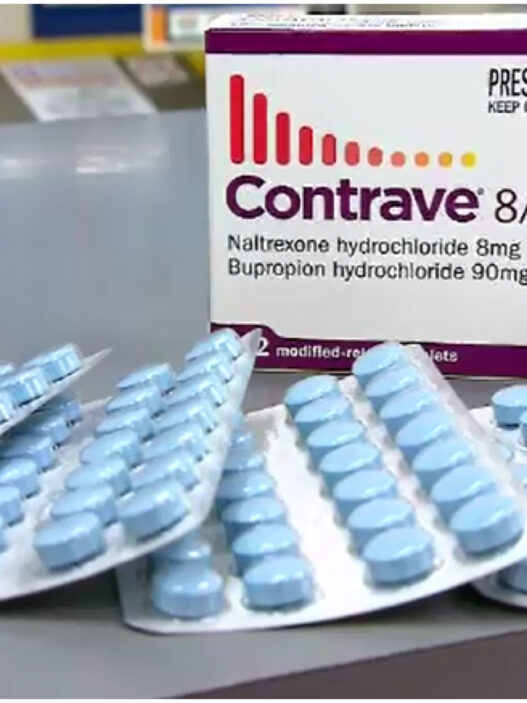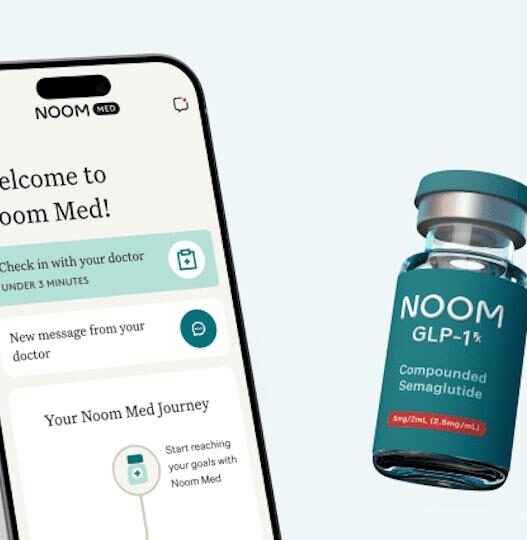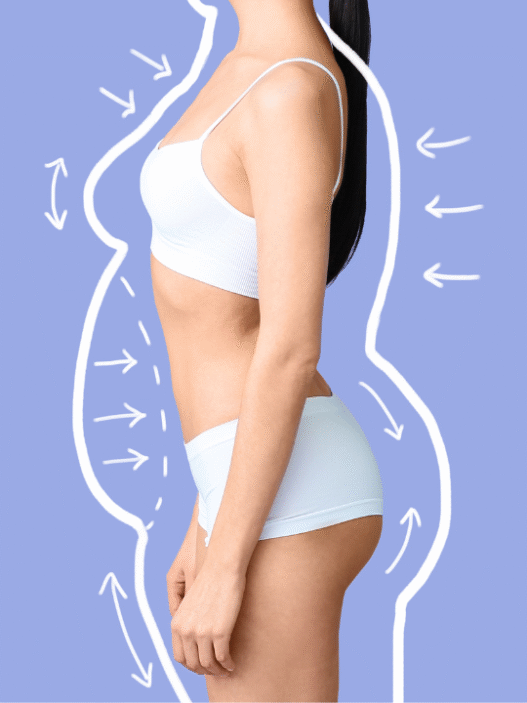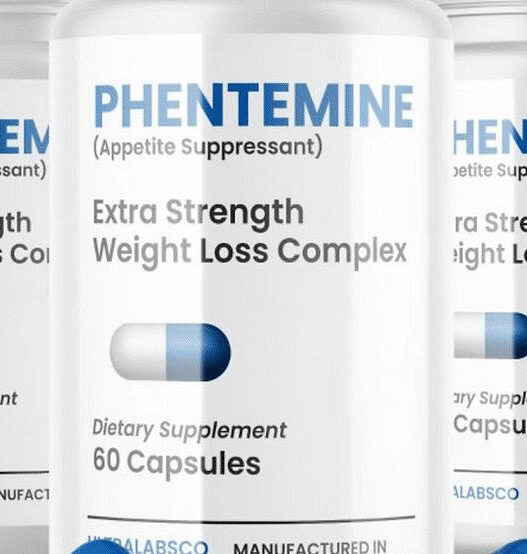Naltrexone which is often given to those with alcohol and opiate use problems to lose weight effectively and easily. But using naltrexone weight loss drug, especially if it’s not combined with bupropion, can be bad for your health.
This behavior could be especially harmful for people who are prone to disordered eating or who have had eating disorders in the past.
A doctor may prescribe naltrexone and bupropion together as part of a full weight-loss plan that includes eating less calories and getting more exercise. It is meant for people who are overweight or obese, especially those who have health problems due to their weight.
You can only get this medicine with a prescription, and you should only take it with the help of a doctor.
About Naltrexone
The FDA (Food and Drug Administration) has marked naltrexone as a prescription drug to help people who are addicted to opioids and alcohol. You can get it under the brand names Revia and Vivitrol.
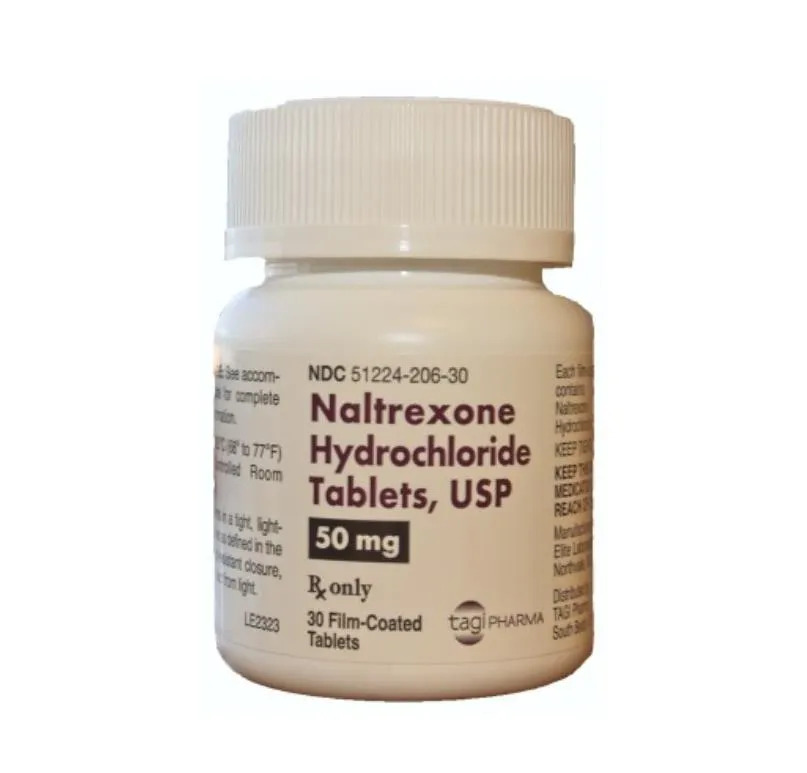
Vivitrol is an intramuscular extended-release injection. People who have an alcohol use disorder are frequently given Revia or generic naltrexone in pill form. Vivitrol, on the other hand, is approved to treat opiate or alcohol addiction.
Naltrexone and Weight Loss
Taking drugs like naltrexone or naltrexone with bupropion to lose weight quickly may make you more likely to get eating disorders like anorexia nervosa or bulimia nervosa.
Someone who takes diet pills or goes on a diet by themselves doesn’t necessarily have an eating disorder or disordered eating. But when these things happen alongside other signs, it could imply there is a problem.
Indicators of eating disorders
Some further indicators of eating disorders are:
- Very stringent calorie limits
- Not eating meals
- Thoughts that keep coming back about food, weight, and being slim
- A bad desire to be skinny
- Body image that isn’t right
- Not feeling good about yourself
- Behaviors that cause purging, such as taking too many laxatives, working out too much, or making yourself vomit
- Times when you eat too much
- A lot of shame and guilt about how you eat
- Eating by yourself or staying away from social events that involve food
People who are affected by diet culture, which commonly puts weight loss and thinness ahead of general health, may misuse naltrexone. Fatphobia, or anti-fat bias, is when people are afraid of or hate larger bodies. This can lead to the usage of weight-loss medicines like naltrexone.
Society often pushes women to be slender and males to have lean muscles as the “ideal” body type. The truth is that people of different sizes and shapes are valid, and there is no such thing as a “ideal” body. Sadly, this mindset can lead to compulsive eating and destructive diets in the name of getting skinny.
Chronic disordered eating can evolve into a clinical eating disorder, necessitating formal treatment via inpatient, outpatient, or virtual programs. Professional help might be helpful for people who want to have a better relationship with food and exercise.
Inpatient care is frequently ideal for those with serious problems who need a controlled, intense setting. Outpatient care is better for people who have other things to do and need more freedom.
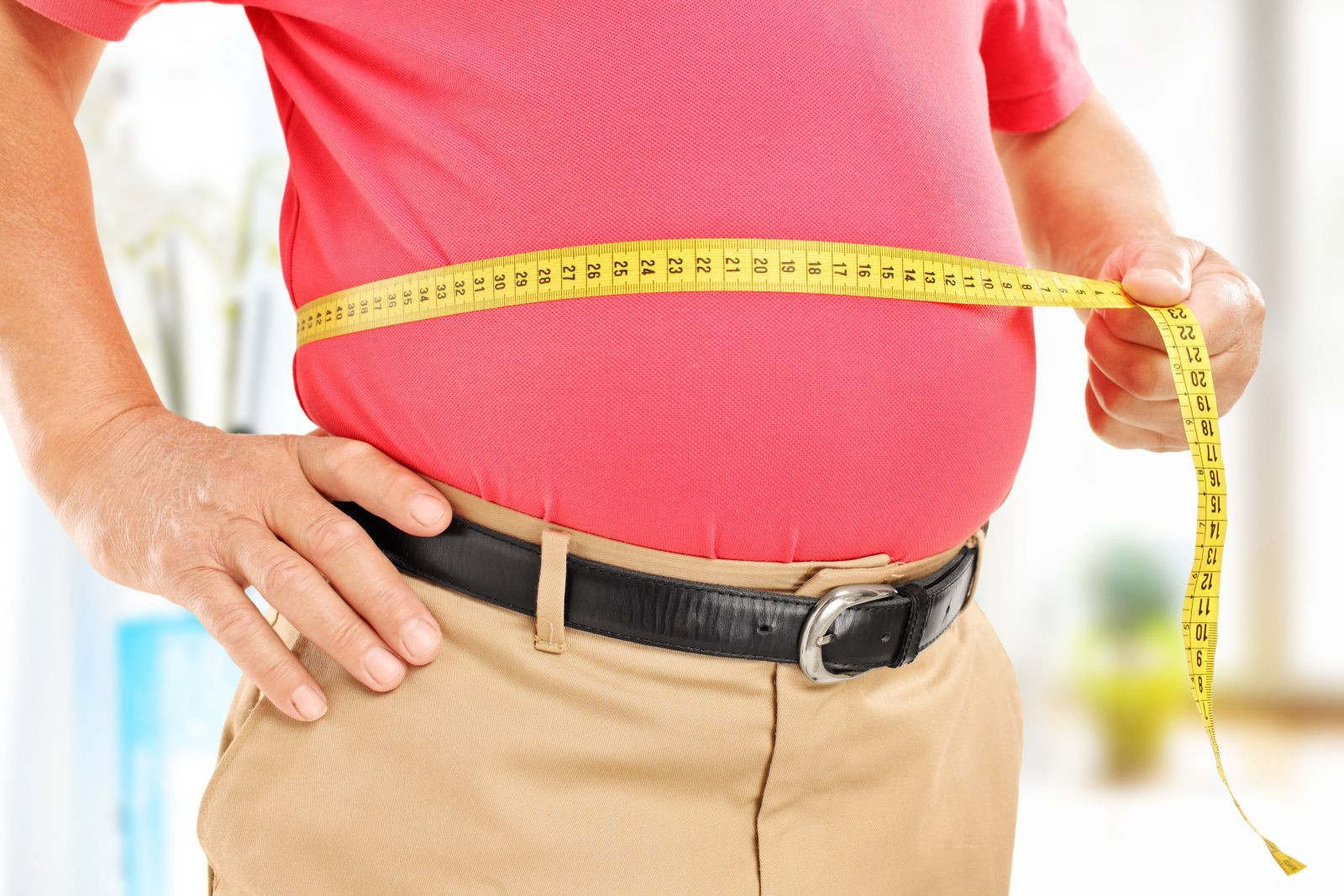
Is It Possible To Overdose Naltrexone?
Overdosing on naltrexone is rare, and even high dosages usually only cause moderate symptoms. But the bigger concern with naltrexone is that it could lead to an opioid overdose.
People who take naltrexone are at danger of overdose if they go back to using heroin or prescription opioids like Vicodin, Percocet, or other pain drugs because naltrexone blocks opioid receptors. They might take more to try to get around naltrexone’s blocking effects, which raises the danger of overdose.
People who use Revia or Vivitrol for a long time are at a higher risk since their tolerance for opioids goes down when they stop taking them. Taking opioids again at the same doses as before can lead to an overdose.
Call 911 right away if you think someone has taken too much of a drug and wait for help. If you have it, give Narcan (naloxone) to someone who has taken too many opioids.
Preacautions
Do not take the naltrexone and bupropion combination with a monoamine oxidase (MAO) inhibitor (e.g., isocarboxazid [Marplan], phenelzine [Nardil], selegiline [Eldepryl], tranylcypromine [Parnate]).
Avoid starting naltrexone and bupropion within 2 weeks of stopping an MAO inhibitor. Similarly, wait 2 weeks after stopping naltrexone and bupropion before beginning an MAO inhibitor.
Taking them together or not waiting 2 weeks may cause confusion, agitation, restlessness, digestive symptoms, sudden high fever, dangerously high blood pressure, or severe seizures.
Weight Loss Effectiveness
Naltrexone/bupropion has been examined in three trials encompassing more than 4,000 overweight or obese patients with hyperlipidemia or hypertension, in addition to one trial comprising 505 patients with diabetes.
In every study, patients who took naltrexone/bupropion with a diet and exercise program for a year lost more weight than those who took a placebo with the same lifestyle program.
Conclusion
If someone uses naltrexone weight loss drug (brand name Revia) to control their weight, especially if they also have other worrying behaviors or symptoms, it could be a sign that they have an eating problem like anorexia nervosa or bulimia nervosa. A healthcare provider should carefully look into any off-label use of naltrexone.







